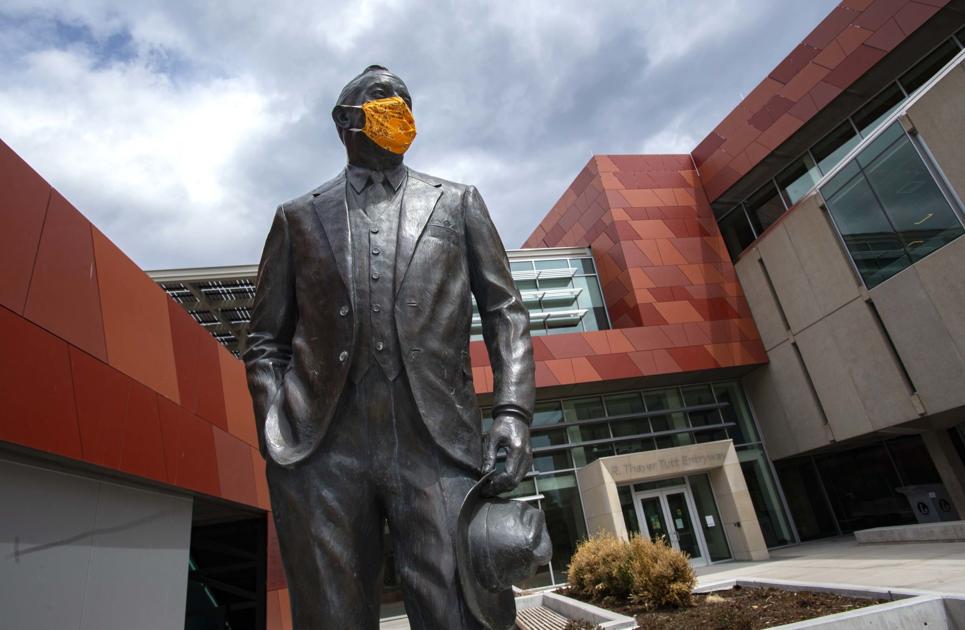Beginning Friday, Colorado will differentiate between coronavirus deaths caused directly by COVID-19 and those in which the person had the disease, but didn’t die from it, the Colorado Department of Public Health and Environment said at a briefing.
Data from the state health department Friday showed 21,232 positive cases statewide and 1,150 deaths. Of those, 878 were directly attributed to the coronavirus. More than 220 outbreaks were reported at long-term care facilities.
In previous reporting, the state health department hasn’t distinguished the deaths of those who died from COVID-19 from those who died from other causes but tested positive for COVID-19, health officials said, and reported them together as COVID-19 deaths.
In El Paso County, the state reported 83 coronavirus deaths. State health officials did not immediately respond to whether the department would begin identifying how many deaths can be directly attributed to the disease on a county level, too.
“We’ve been doing this to align with the recommendations from the Centers for Disease Control (and Prevention),” said Dr. Eric France, Chief Medical Officer at CDPHE. “Doing it for public health surveillance allows us to do the kind of apples-to-apples comparisons across states or cities where everybody’s using the same definition.”
Including on a death certificate that a person tested positive for COVID-19, even though they ultimately died of other causes, is “important,” said Kirk Bol, head of the department’s statistics branch.
“We do rely on our death certifiers … and their best medical judgment and professional opinions and the information available to them to determine the cause of death and report it through the death certificate,” Bol said. “We would emphasize that COVID-19 should not be reported on the death certificate if it did not contribute or was related to the cause of death.”
State health officials insisted no death certificates have been altered to reflect more fatalities, despite accusations that the department inflates the statistics.
“We do not question the information as reported on the death certificate or change that information,” Bol said. “We take what is reported on the death certificate to us, and then we share that with the CDC and together we process that information to ultimately compile official vital statistics for the state and the country.”
Some Coloradans and Gazette readers have recently accused health officials of purposely augmenting the number of coronavirus deaths to bring in more money for their hospital.
“It is true that recent legislation pays hospitals higher Medicare rates for COVID-19 patients,” wrote a CDPHE spokeswoman in an email. “This legislation stems from the CARES Act. We trust that doctors are doing all they can to take care of patients. There is no evidence to support reports that providers are deliberately miscoding patients as COVID-19 to earn more money for hospitals.”
Gov. Jared Polis addressed the data collection at a separate briefing Friday, saying Colorado state Rep. Mark Baisley was wrong in accusing Jill Ryan, executive director of the Colorado Department of Public Health and Environment (CDPHE), of “falsely altering death certificates.”
“I’ve told the department of health to be very clear in their reporting,” Polis said. “Nobody behind a desk should ever second-guess a coroner or an attending physician that lists the cause of death on a certificate.”
The governor echoed that the state health department was reporting the “higher” numbers to the CDC because of “federal guidelines.” Still, he acknowledged that “what the people of Colorado want to know is not who died with COVID-19, but who died of COVID-19.”
Public health officials said they hope to have the state’s coronavirus data website updated soon showing more distinction between the types of deaths.
The Gazette’s Evan Wyloge contributed to this report.
This content was originally published here.

